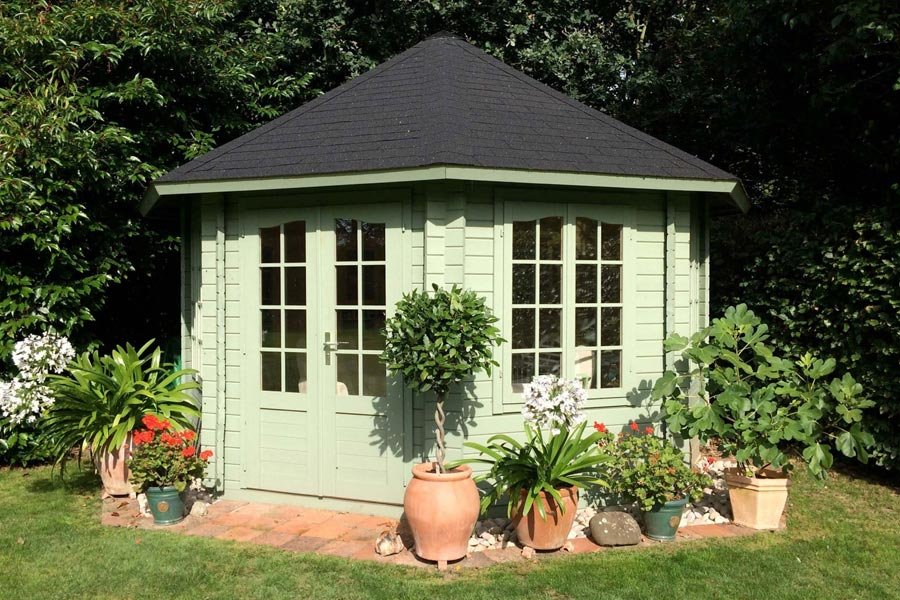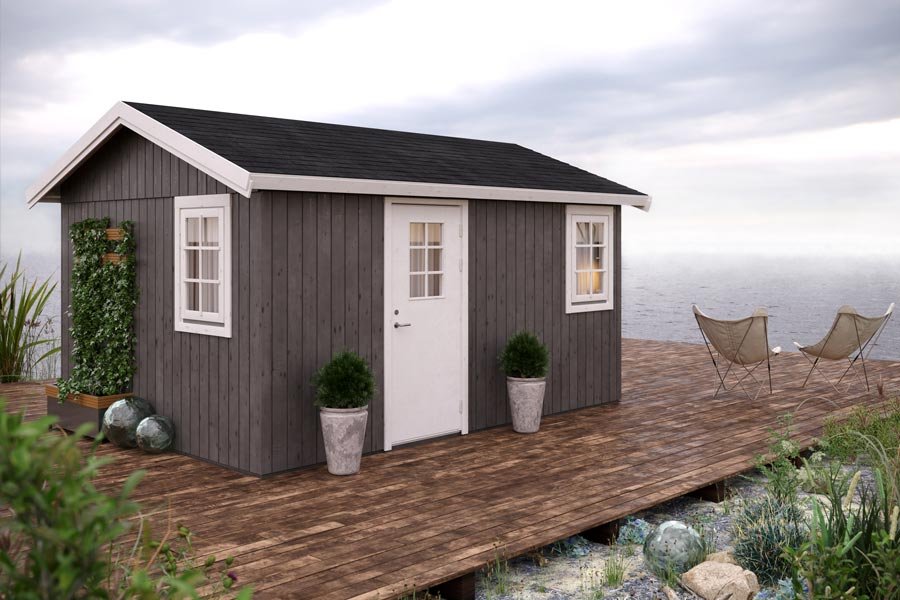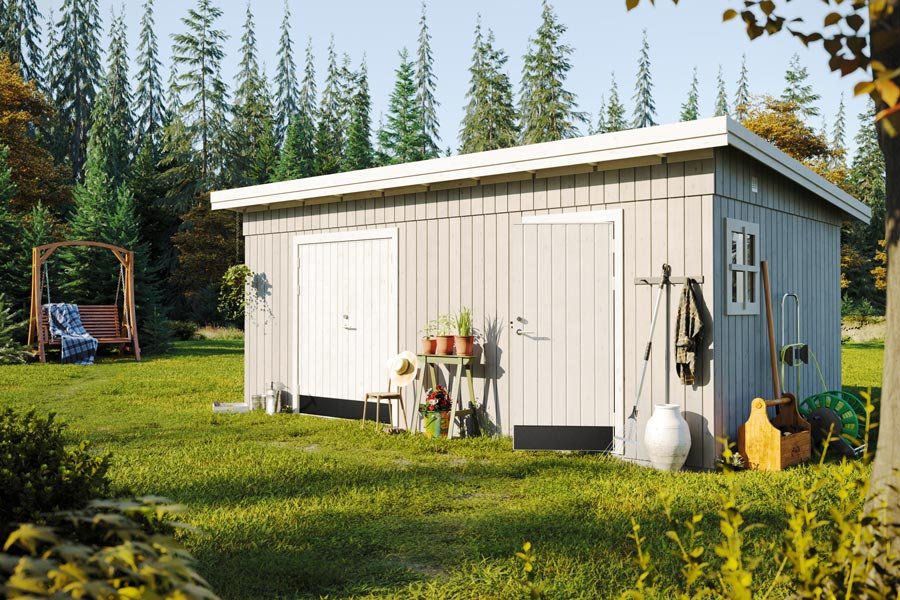It may be summer now, but in no time at all the nights will be closing in, the temperature will drop and we’ll be heading into winter. With rain, floods, ice and snow the winter commute can bring misery to a lot of people – getting stuck in snow, car accidents and slow traffic in poor weather are just a few of the regular problems. So how do you avoid commuting in winter? Why not consider working from home?
There are lots of advantages to work from home (or teleworking or remote working), including:
- more time with family
- reduced carbon emissions from commuting
- less money spent on travel
- and people being able to do their jobs better
When phone company O2 shut its UK headquarters for a day in 2012 and let over 2,500 staff work at home, 88% of employees said they were at least as productive as on a normal day at the office, and 36% said they were more productive. So tell that to your boss!
Other benefits of the O2 day of home-working were:
- staff saved 2000 hours of commuting time, which they spent either working, with family, staying in bed a bit longer or relaxing.
- and they saved nearly £9000, mainly in travel costs.
But can you get your work done and resist the fridge and TV? If you do convince your boss you should telework, or even decide to set up a home business, there are a few practical issues you need to think about. First, where will you work? It’s OK checking your emails in front of the TV in the evening, but doing your job full-time on the sofa is a different kettle of fish. Your back will be killing you by the end of the first week.
If you’re lucky enough to have a spare room or office, that’s a great start, but even then there are distractions. A global survey by Regus found that almost six out of ten people say it’s hard to work at home because of family demanding attention. There are also temptations – not just the TV, but Facebook, Twitter, and the call of the biscuit tin. Even with the best intentions, it’s easy for a ‘quick’ coffee and a go on the Playstation to fill a morning.
The remedy’s in the garden – for many people, the solution is to designate a separate space for working, so they’re not annexing the sitting room, and not being distracted by family, tech or fridge. Much cheaper than moving to a new house with an extra room, or building an extension, is to look at garden offices – timber buildings that are warm, solid and insulated enough to work in all day long, and all year round. They’re a more impressive place to meet customers than your spare bedroom, and they can add to the value of your home. GardenLife has a number of garden rooms and offices starting from around £1900.
Tips for choosing a garden office
If you do decide to build a garden office, be sure to remember the following:
- choose a building with thick enough timber (at least 44mm) to make it warm enough all year around
- designs with double-glazed windows keep in heat
- solid lockable doors provide extra security against theft – important if you’re going to install computers and other office equipment
- pick a design and layout that match the nature of your work – for example, do you need storage space? And would a traditional or contemporary suit your image better?
- check local planning regulations to see whether you need planning permission – with many garden cabins and offices, you do not need it.
So what will it be? A wet, cold view through a steamed up windscreen of the same old traffic jam, or a cosy desk in a timber garden office with a view of the garden?











